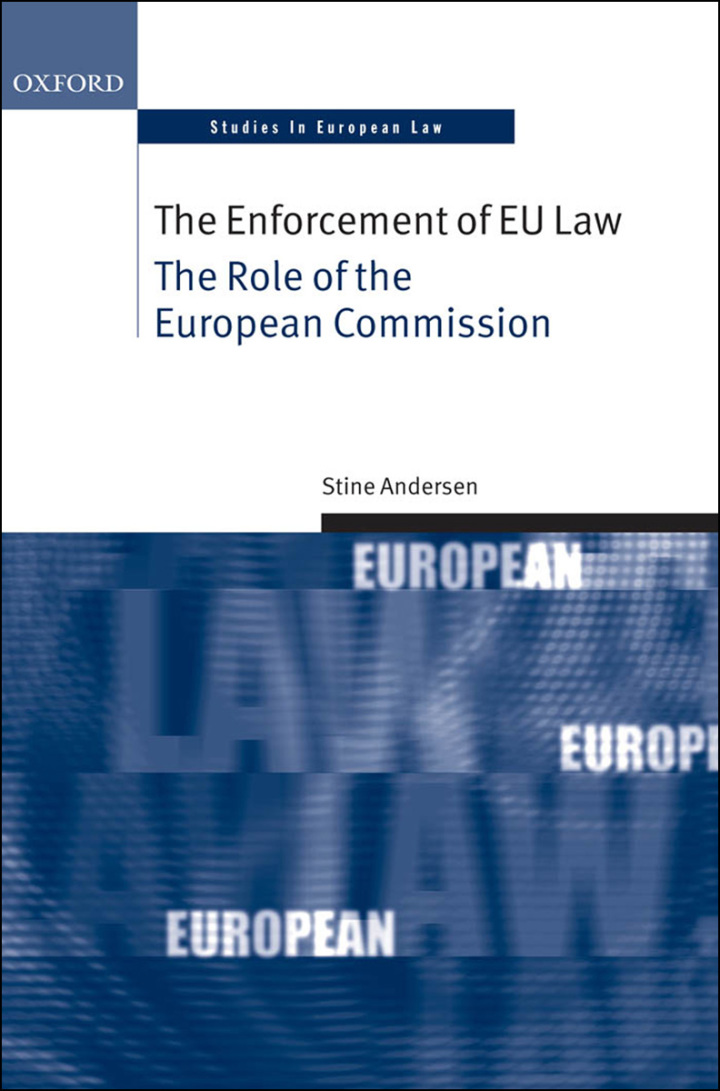The Enforcement of EU Law The Role of the European Commission
$53.62
Attention: This is just ebook, Access Codes or any other Supplements excluded! / File Delivery: Sent Via Email within 24 hours!
SKU: a975e3dda127
Category: Law Textbooks
Description
-
Author(s)Stine Andersen
-
PublisherOUP Oxford
-
FormatPDF
-
Print ISBN
9780199645442, 0199645442 -
eText ISBN
9780199645442, 0199645442 -
Edition
-
Copyright
- Details
A comprehensive analysis of the European Commission’s general role in supervising member state compliance with EU law, this book provides a detailed assessment of centralized EU enforcement. It starts out by asking whether it is viable to establish stronger Commission powers of enforcement at this point in time. Against this backdrop, and as a means of exploring the role of the Commission, the chapters examine a number of different aspects pertaining to enforcement of EU law. Beginning with an appraisal of the Commission’s function under the general EU infringement procedure stipulated in Articles 258 and 260 TFEU, the volume argues that the EU lacks independent self-sustained regime authority. Moreover, this is reflected in both substantive EU law and procedural law, including the general EU infringement procedure. Chapter two makes the case that Article 258 TFEU can usefully be explained in terms of managerialism. Chapter three analyses Article 260 TFEU concerning repetitive infringements. In particular, it asserts, EU member state sanctions sustain the managerial approach. It then goes on to examine the Commission’s unsuccessful attempts to gain sharper enforcement powers through secondary legislation, and identifies the effective points of functional overlap between enforcement powers and certain types of implementing tools. Finally, it discusses the Commission’s role under various non-binding, ad hoc arrangements. The concluding chapter places the general EU infringement procedure in the broader context of a comprehensive (negotiated) policy process. It argues that the enforcement stage shares many features with earlier steps in the legislative process, including flexibility and deliberation.
Related products
-

Constitutional Adjudication in Africa 1st Edition
Rated 0 out of 5$45.50 Add to cart -

Blackstone’s Guide to the Proceeds of Crime Act 2002 5th Edition
Rated 0 out of 5$34.12 Add to cart -

Civil Wrongs and Justice in Private Law 1st Edition
Rated 0 out of 5$43.88 Add to cart -

Antimonopoly and American Democracy 1st Edition
Rated 0 out of 5$7.80 Add to cart

